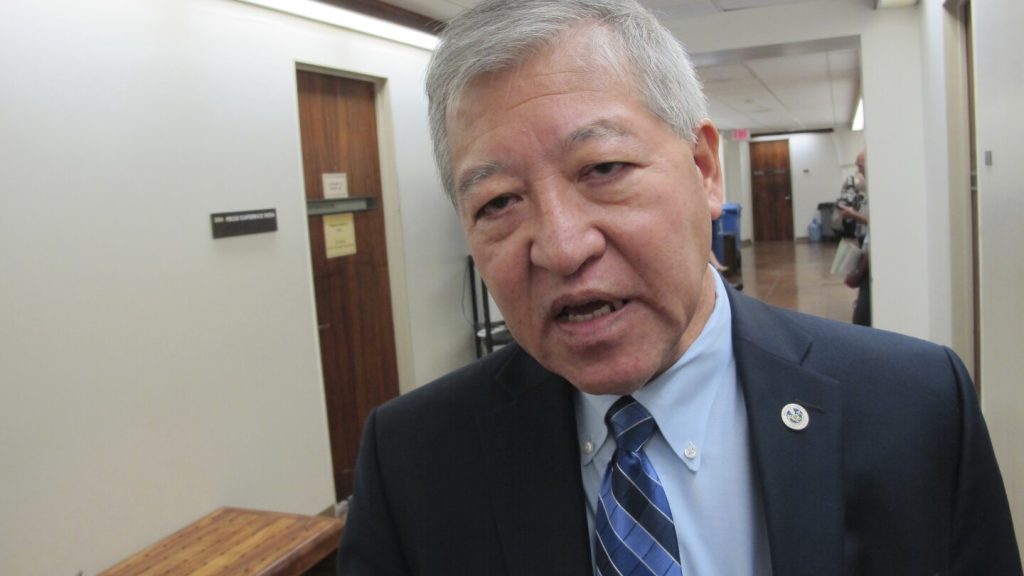Former Honolulu Prosecuting Attorney Keith Kaneshiro was found not guilty in a bribery case alleging that employees of an engineering and architectural firm bribed him with campaign donations in exchange for his prosecution of a former company employee. The indictment accused Mitsunaga & Associates employees and an attorney of contributing over $45,000 to Kaneshiro’s reelection campaigns between 2012 and 2016. Dennis Mitsunaga, the firm’s owner, was also found not guilty after facing allegations of witness tampering during the trial. Kaneshiro expressed relief at the verdict, stating that he felt vindicated but questioned how he would restore his reputation after the ordeal.
The case revolved around a former employee of Mitsunaga & Associates, a project architect who was fired without explanation on the day she disagreed with claims made against her by the CEO. Kaneshiro’s office prosecuted the architect, but the case was dismissed in 2017 due to lack of probable cause. Kaneshiro’s attorney, Birney Bervar, maintained from the beginning that there was insufficient evidence of bribery in the case. Despite the uncertainty leading up to the trial, including the unexpected recusal of the presiding judge in January, the trial proceeded in February, with U.S. Senior District Judge Timothy Burgess from Alaska taking over the case.
The trial lasted nearly two days, ultimately resulting in Kaneshiro, Mitsunaga, and four other defendants being found not guilty by the jury. The quick decision came as a shock to many, as the case had been ongoing for a while and involved serious allegations of corruption. Kaneshiro’s defense team and supporters celebrated the verdict, focusing on his vindication and the significant challenges he faced throughout the legal battle. Prosecutors did not immediately comment on the verdict or indicate whether they planned to pursue further action in the case.
The bribery case against Kaneshiro and the others highlighted the complexities of prosecuting public officials and private individuals for corrupt practices. The trial shed light on the influence campaign contributions can have on elected officials and the potential for abuse of power in such situations. Despite the outcome of the trial, the case raised questions about accountability and transparency in government operations, particularly in the justice system. The verdict may have implications for future cases involving allegations of bribery and corruption, as it sets a precedent for how such matters are handled in the legal system.


